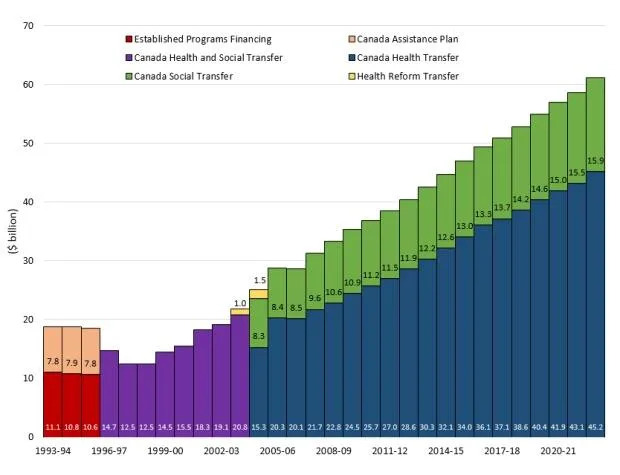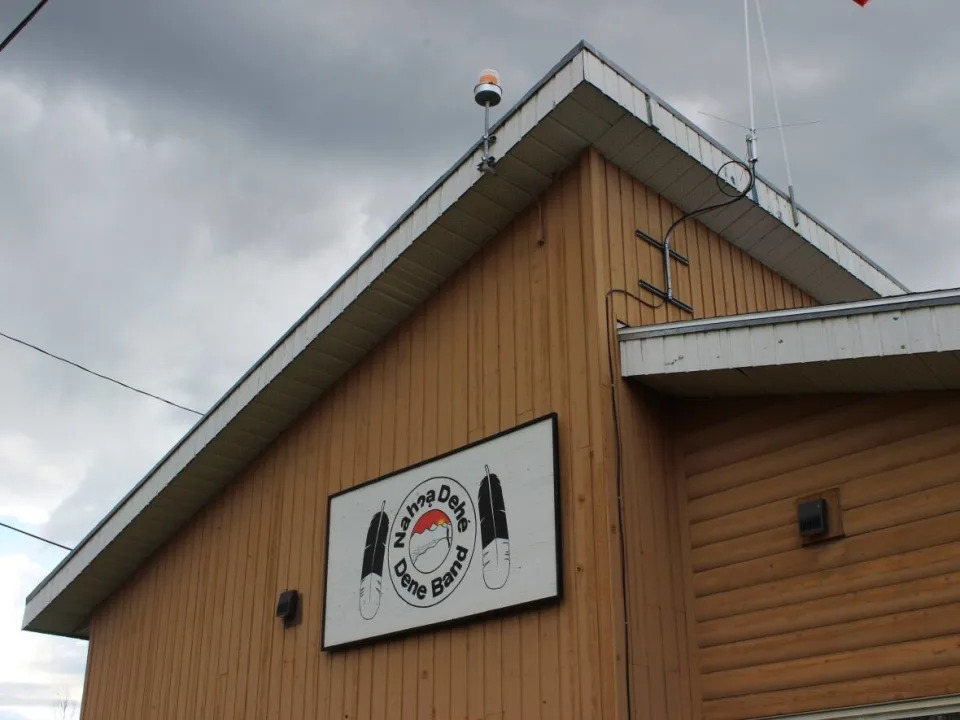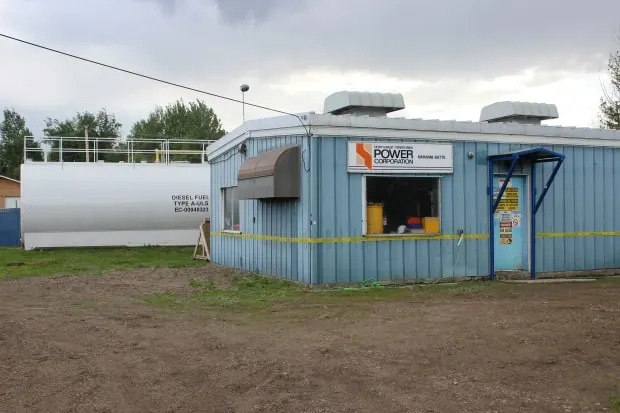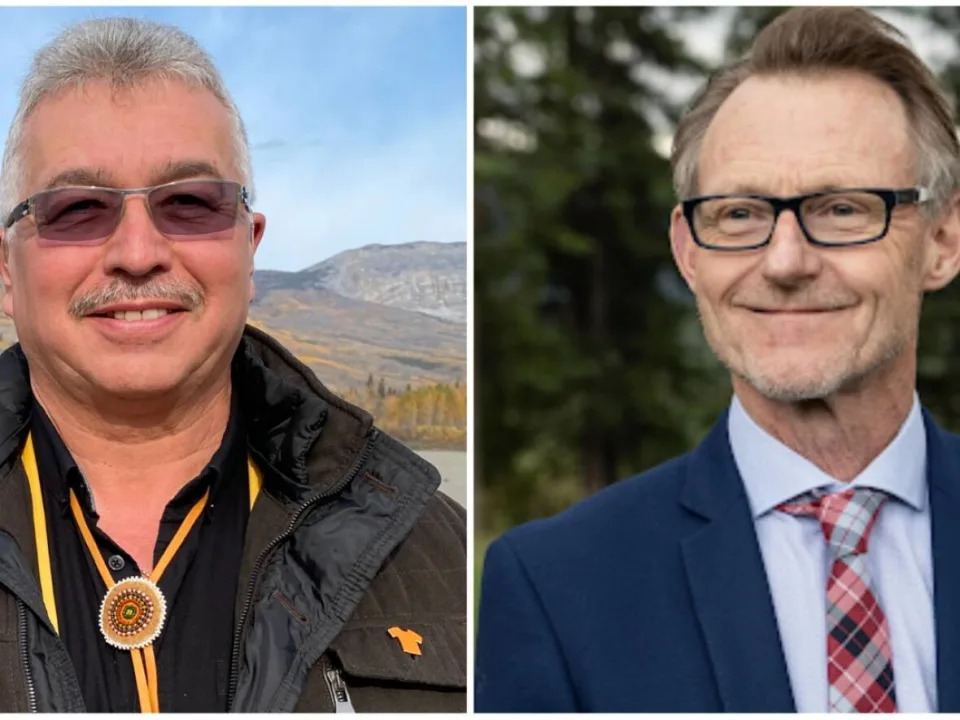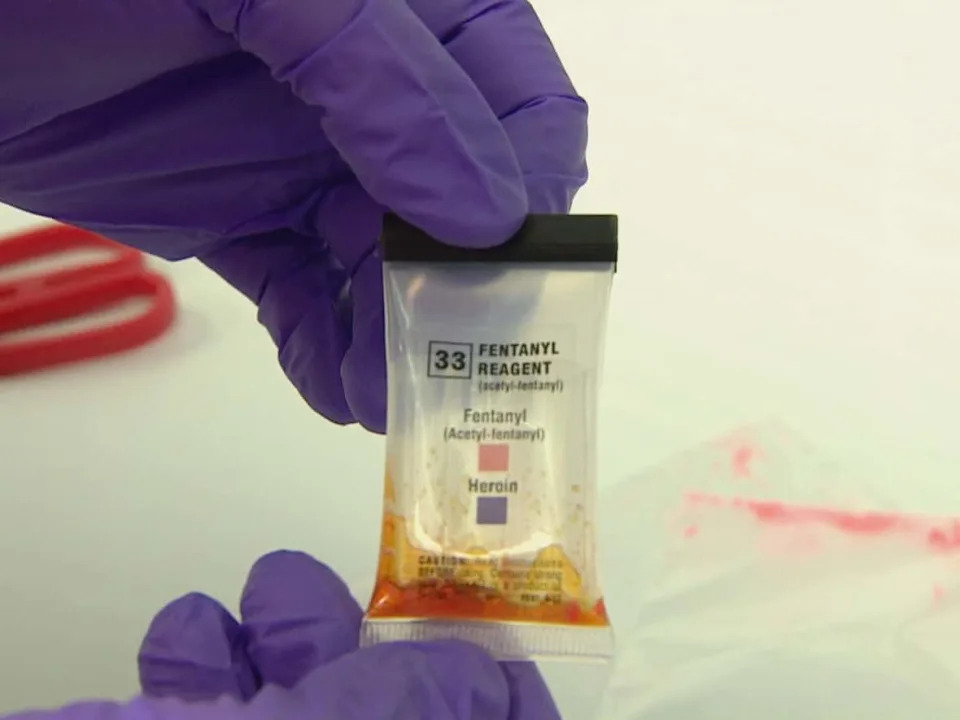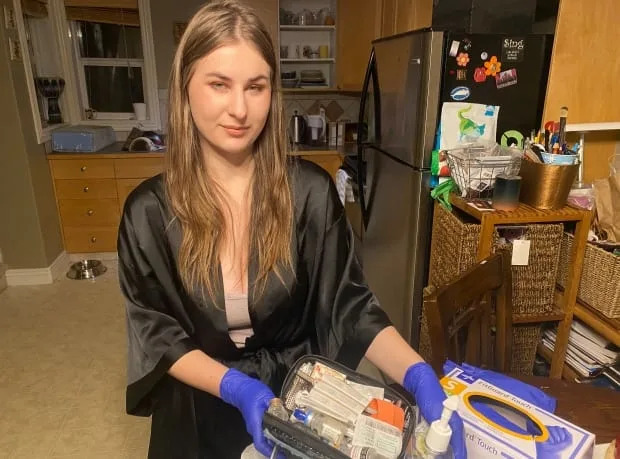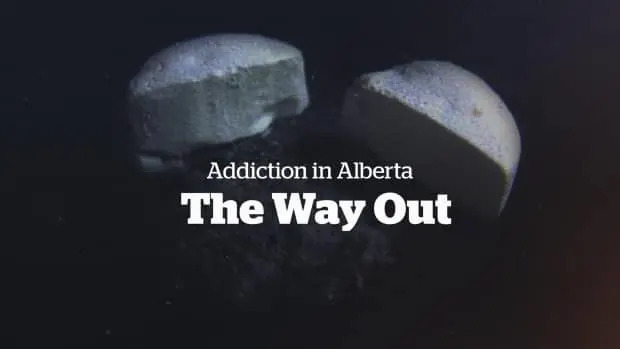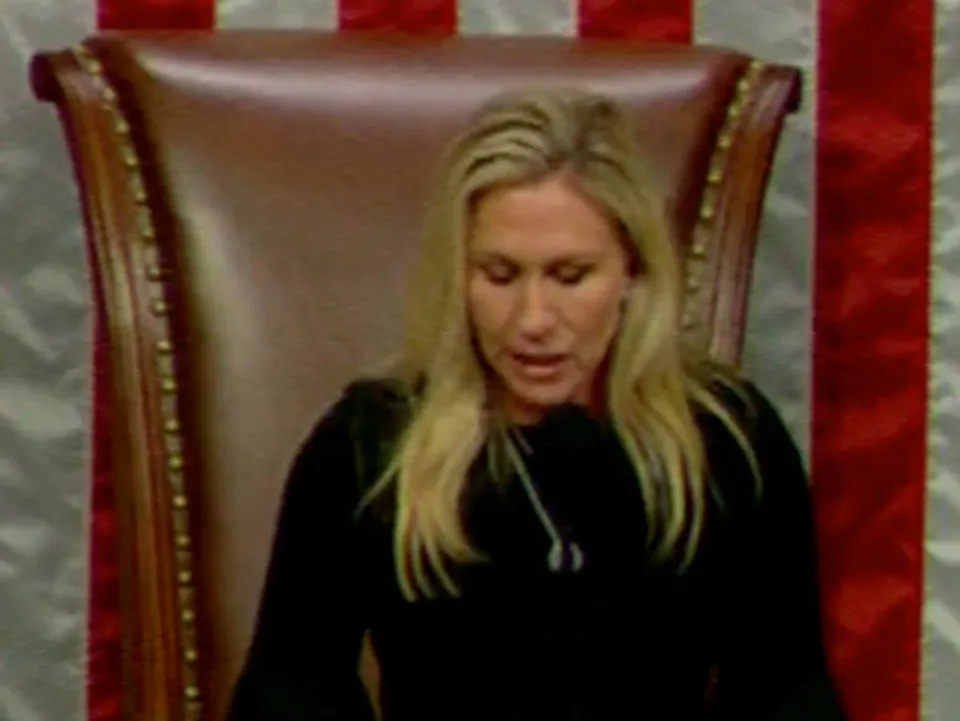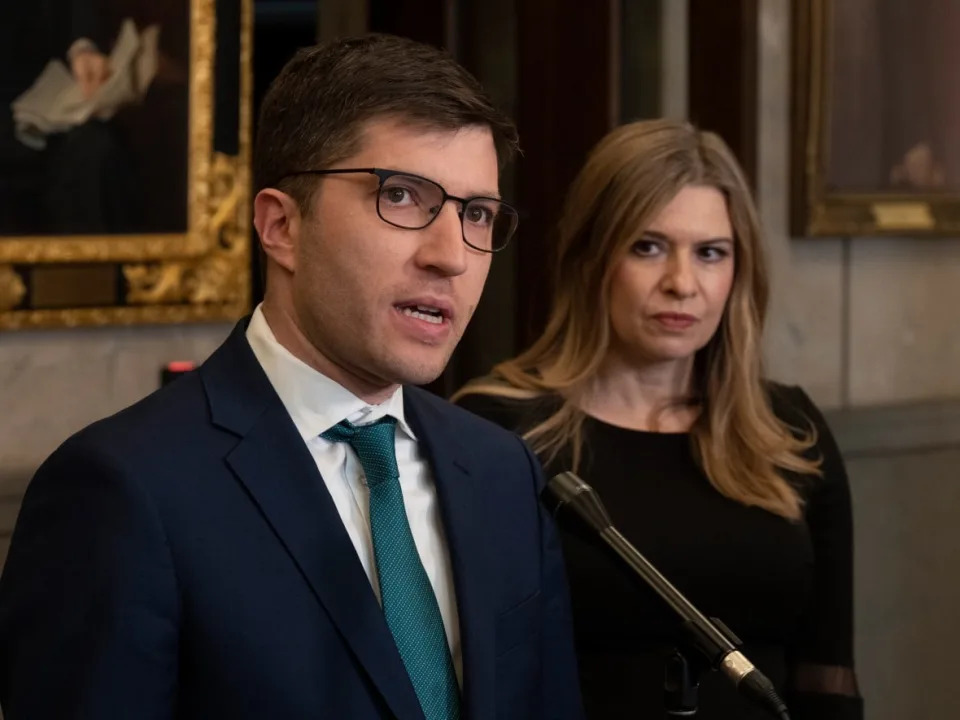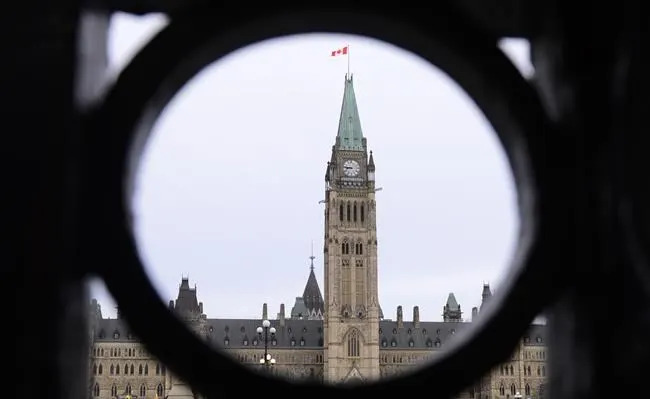Mon, February 6, 2023
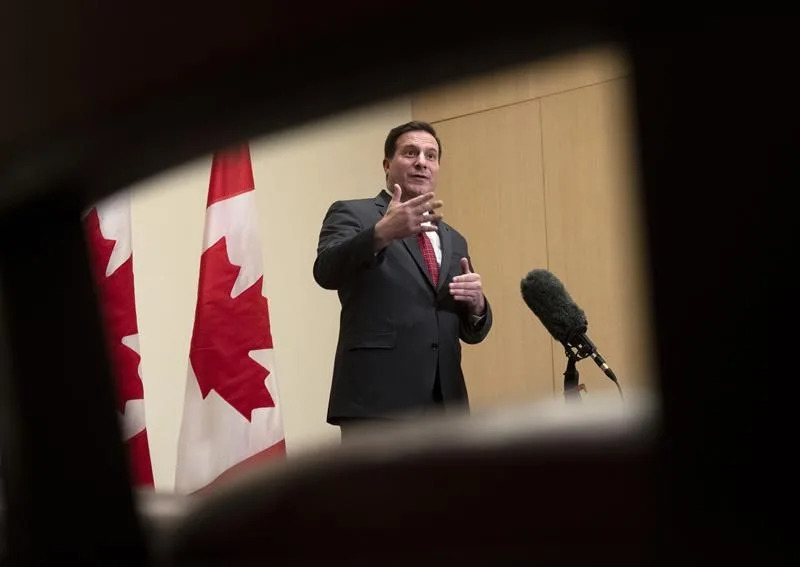
OTTAWA — Public Safety Minister Marco Mendicino says a registry to track foreign agents operating in Canada can only be implemented in lockstep with diverse communities.
"There is a historical context when it comes to some communities within this country and their relationship with [security] agencies and the law-enforcement community," Mendicino told the House committee on Canada-China relations Monday evening.
"We need agencies to be inclusive, diverse, culturally sensitive."
Two months ago, the Liberals said they will eventually consult the public on the possible creation of a foreign agent registry, to prevent outside interference in Canadian affairs.
But the government has yet to formally launch that consultation.
The United States and Australia have public registries that require people advocating for a foreign state to register their activities, under penalty of fines or jail time.
Mendicino told the committee that Ottawa has to be careful to not isolate communities who have felt under the microscope of security agencies. He also told reporters after his testimony that Ottawa is taking the idea to its own advisory panels before soliciting public input.
"I wouldn’t describe it as a hesitation; I think we need to be diligent and thoughtful and inclusive, when it comes to bringing all Canadians along in the modernization of the tools and the arsenal that we create for our national security and intelligence communities," he told the committee.
Mendicino also told MPs a foreign agent registry alone would not drastically alter Canada's ability to detect and confront national-security threats, and would only be launched as part of "a tool box" of other measures.
"While there is attention to looking at each of the examples of tools we might consult on, including the foreign-agent registry, I would discourage the members of this committee from quickly concluding that any one of these in isolation will work by itself," he said.
Conservative public-safety critic Raquel Dancho accused the Liberals of stalling on launching a registry.
"Anything that is stopping it would just be an excuse at this point. I think any government that's operating through legitimate diplomatic relations in Canada should welcome an official registry," she said in an interview between witness testimony.
"That should be sort of the cost of doing business in Canada through diplomatic relations."
Mendicino appeared at the committee based on a request last October from MPs to have senior officials testify on three allegedly illegal police stations operating in the Greater Toronto Area.
Since then, advocates from the Spain-based civil-rights group Safeguard Defenders have alleged China is running two other police stations in Canada, including one in Vancouver.
RCMP Commissioner Brenda Lucki told MPs that Mounties are only aware of four alleged police stations and that officers have attended the Toronto-area locations in uniforms to gather information and be seen.
She believes that has yielded tips from the public, and noted that at least one of the apparent police stations seemed to have operated in the backroom of a commercial business.
But officials declined to answer numerous questions from MPs about these so-called police stations, such as whether Canadians had alleged being harassed or detained by them.
"Anything that we've learned with respect to the alleged police stations themselves is not something I’m going to be able to comment on," RCMP Chief Supt. Matt Peggs testified.
Lucki noted that no one has been charged in connection with the stations, and suggested the public would be informed if that was the case.
Similarly, Mendicino said the public would be made aware if any diplomats had been ordered to leave Canada in relation to the issue.
THE ONLY NON TORY MP IN ALBERTA
Yet NDP foreign-affairs critic Heather McPherson questioned how police are handling tips from communities who allege they're being targeted by foreign countries.
The Edmonton MP said constituents who are Uyghur or originating from Hong Kong have reported being passed between the RCMP, local police and an RCMP-run hotline, and that local police seem unaware how to handle the reports.
"We’re hearing a very different story from people who are living in these communities," McPherson said.
Monday's meeting followed the appearance of a Chinese balloon that drifted over Canadian territory before it was spotted over the skies of Montana, leading opposition parties to ask why Ottawa didn't alert Canadians earlier.
Mendicino and senior officials would not share information about how they first learned about the incident and whether they would inform the public differently if a similar event occurred.
Meanwhile, Conservative foreign-affairs critic Michael Chong pressed the government to ban China state broadcaster CGTN from Canadian airwaves for broadcasting forced confessions.
He noted that the Liberals have directed the Canadian Radio-television and Telecommunications Commission to consider banning Russia Today, which the regulator opted to do shortly after.
"As a government, we endeavour to respect the independence of those bodies rather than to politicize those decisions," Mendicino responded.
Chong argued the entire meeting showed a lack of transparency from the government on matters of national security, and that this sows distrust.
Last November, the federal Liberals unveiled their Indo-Pacific strategy, which calls for stronger ties with countries other than China to counterbalance Beijing's approach to human rights and trade.
This report by The Canadian Press was first published Feb. 6, 2023.
Dylan Robertson, The Canadian Press
Yet NDP foreign-affairs critic Heather McPherson questioned how police are handling tips from communities who allege they're being targeted by foreign countries.
The Edmonton MP said constituents who are Uyghur or originating from Hong Kong have reported being passed between the RCMP, local police and an RCMP-run hotline, and that local police seem unaware how to handle the reports.
"We’re hearing a very different story from people who are living in these communities," McPherson said.
Monday's meeting followed the appearance of a Chinese balloon that drifted over Canadian territory before it was spotted over the skies of Montana, leading opposition parties to ask why Ottawa didn't alert Canadians earlier.
Mendicino and senior officials would not share information about how they first learned about the incident and whether they would inform the public differently if a similar event occurred.
Meanwhile, Conservative foreign-affairs critic Michael Chong pressed the government to ban China state broadcaster CGTN from Canadian airwaves for broadcasting forced confessions.
He noted that the Liberals have directed the Canadian Radio-television and Telecommunications Commission to consider banning Russia Today, which the regulator opted to do shortly after.
"As a government, we endeavour to respect the independence of those bodies rather than to politicize those decisions," Mendicino responded.
Chong argued the entire meeting showed a lack of transparency from the government on matters of national security, and that this sows distrust.
Last November, the federal Liberals unveiled their Indo-Pacific strategy, which calls for stronger ties with countries other than China to counterbalance Beijing's approach to human rights and trade.
This report by The Canadian Press was first published Feb. 6, 2023.
Dylan Robertson, The Canadian Press



